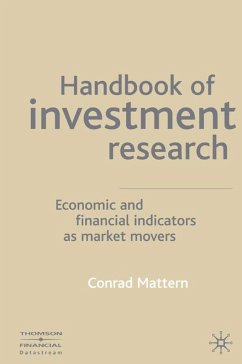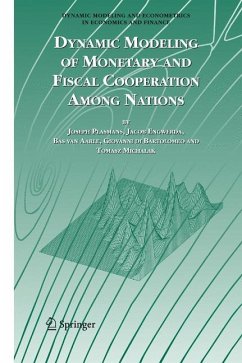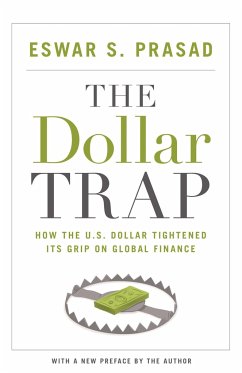
Exchange Entitlement Mapping
Theory and Evidence

PAYBACK Punkte
26 °P sammeln!
The main aim of this book is to develop and implement an innovative tool: exchange-entitlement mapping, or E-mapping for short. This tool enables us to look at the economic and social opportunities to develop human capabilities for different groups of individuals, depending on their group identity such as age, ethnicity or gender.












